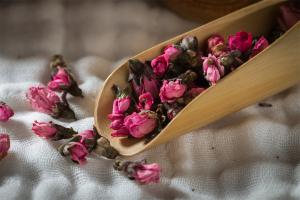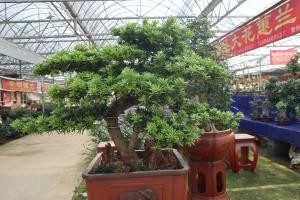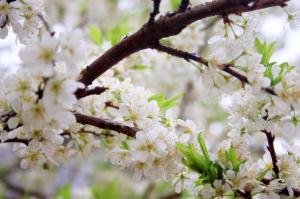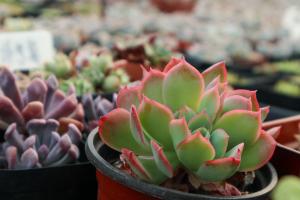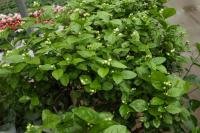1、 Curing method
1. Temperature: its high temperature resistance is relatively weak, because excessive temperature will directly stop growing, so the temperature can not exceed 35 degrees in summer. However, its cold resistance is very high, and it can still grow normally at about minus 20 degrees. In winter, it can spend the winter outdoors
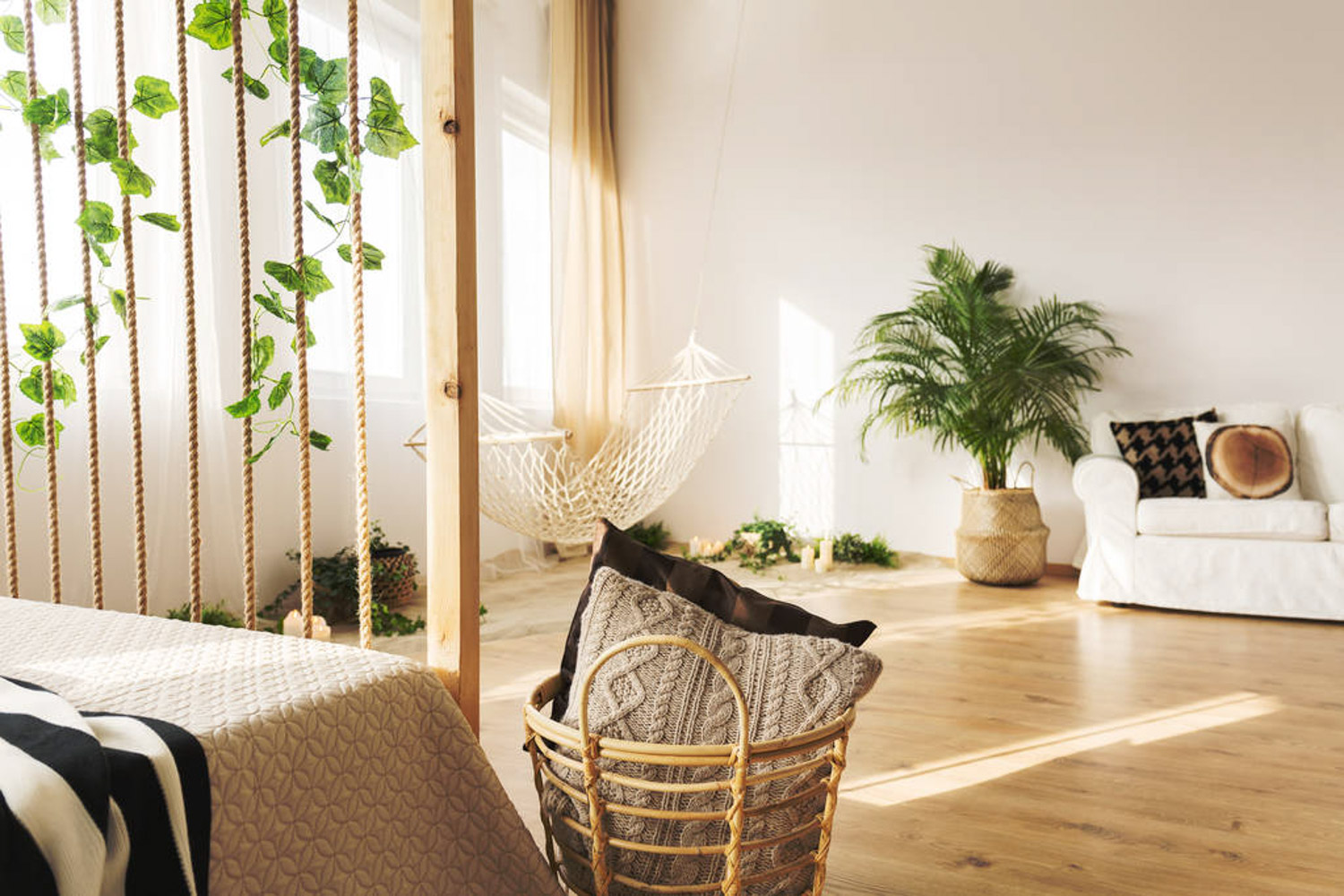
2. Watering: it has strong drought resistance, so it doesn't need to be watered often. It should be watered thoroughly every time. There can't be ponding in the flowerpot. Moreover, in the process of watering, it needs to be watered directly to the root of the plant, not to the leaf core of the plant, otherwise it will fester
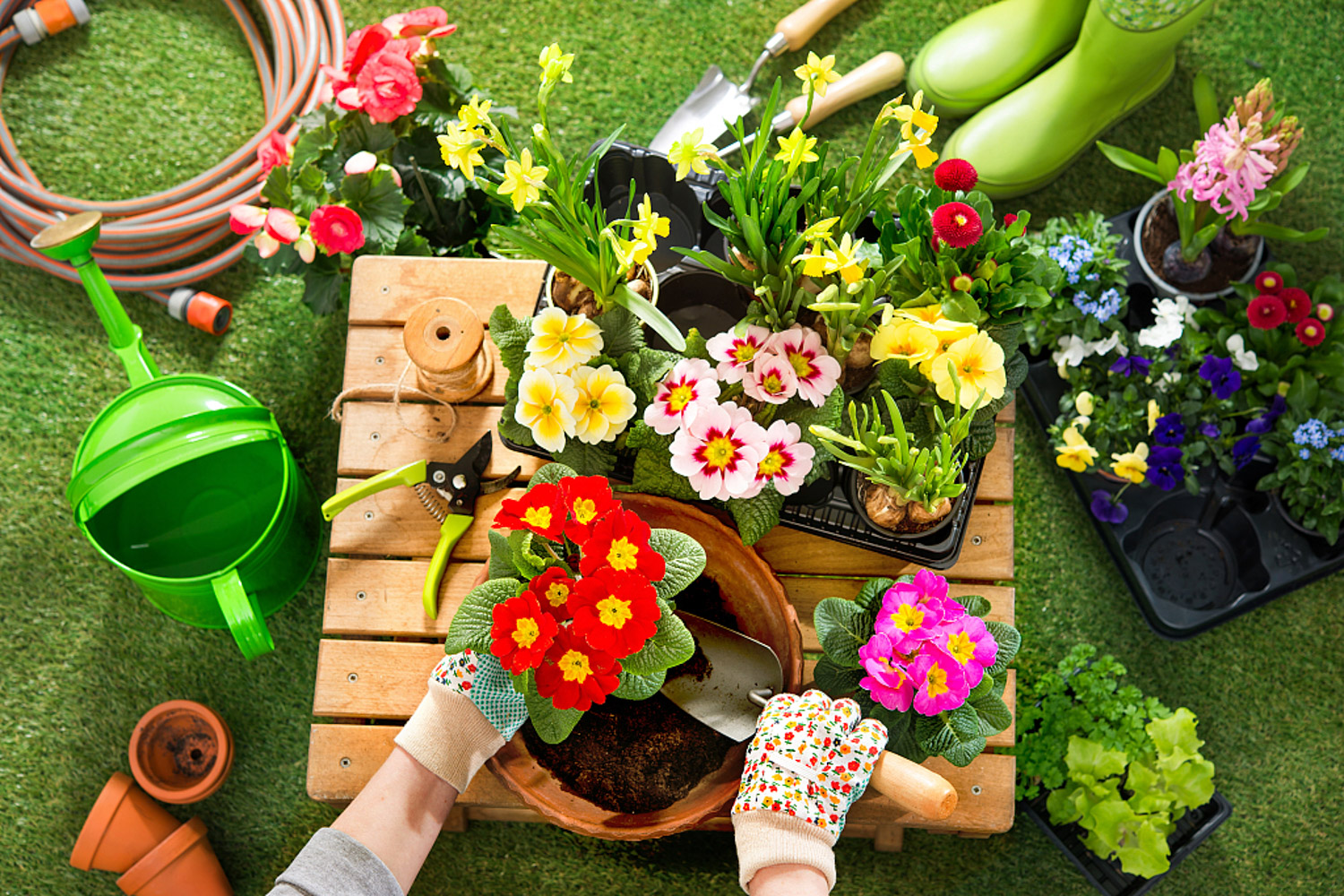
3. Light: it prefers soft light. Under warm light, the plant grows more vigorously. At the same time, it cannot be irradiated by strong light and needs appropriate shading
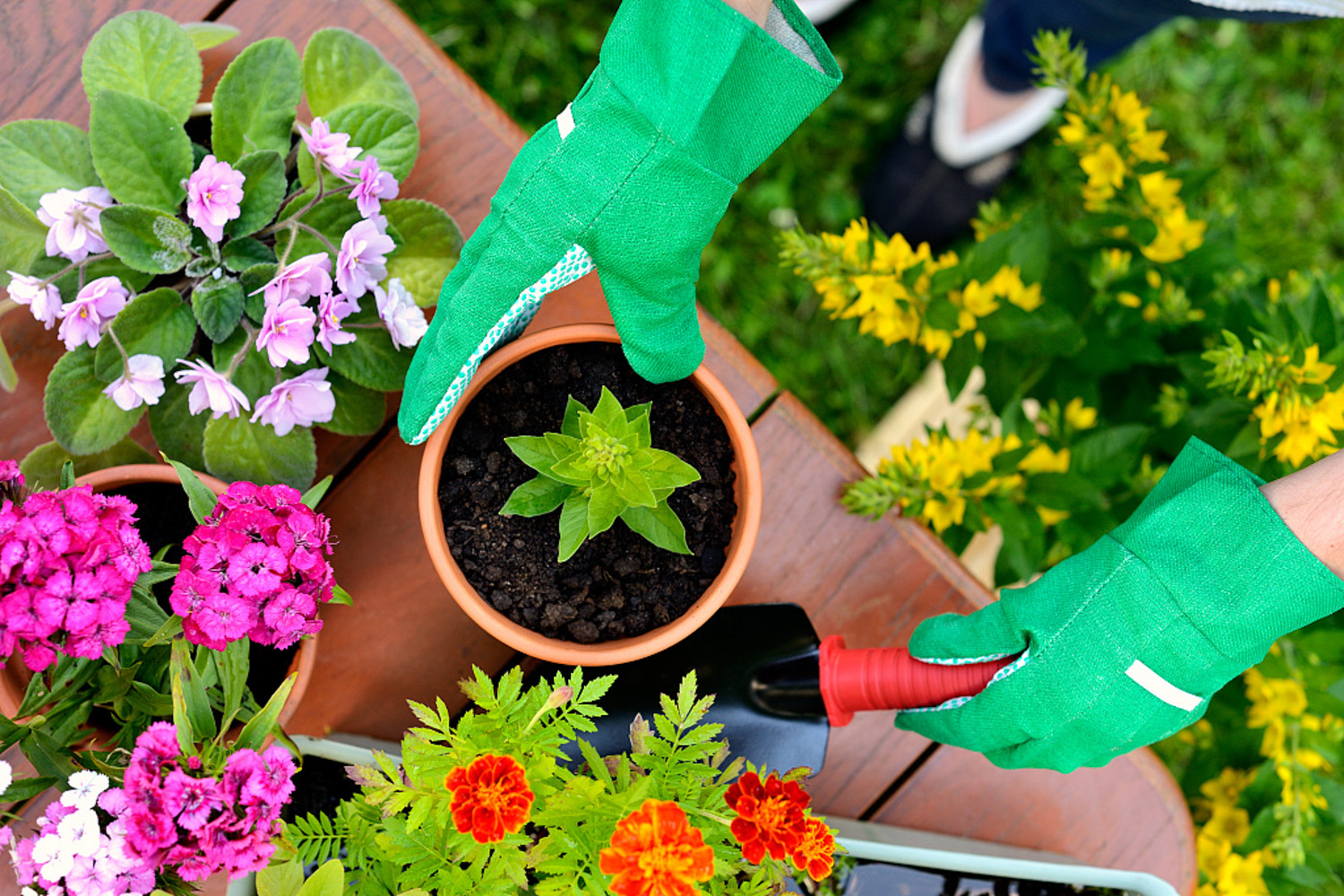
4. Fertilization: fertilization is required for normal growth, but it can't be applied too much. It needs to be diluted with water before fertilization. You can apply more nitrogen fertilizer, which is conducive to flowering
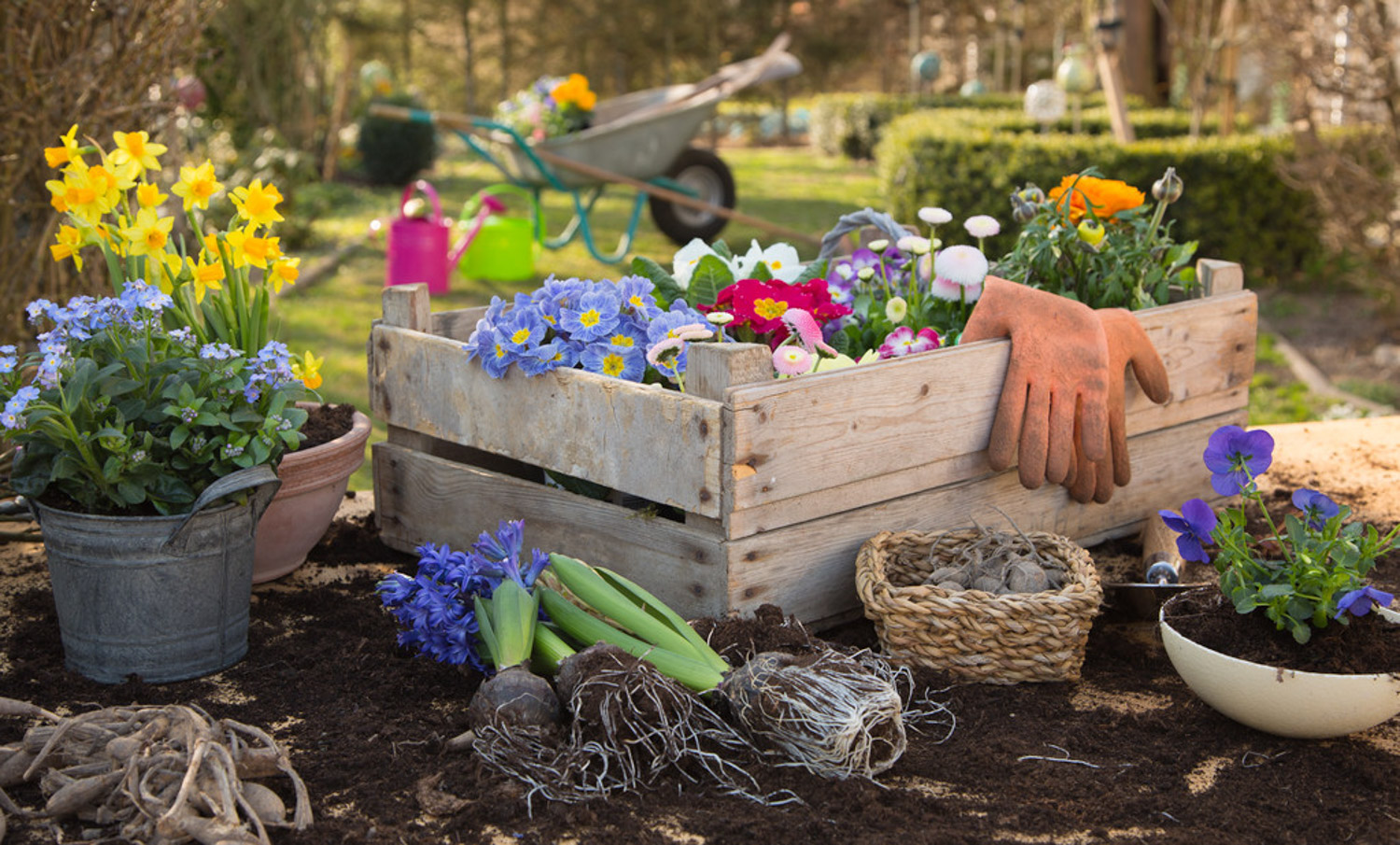
2、 Breeding skills
1. Propagation: cutting and branching are two important ways. The former is generally carried out in the spring and autumn of each year. First select branches of about 10 cm, then insert them, keep the environment moist, and then wait for germination. Branching also needs to be carried out in the spring and autumn of each year, select three-year-old plants for branching, and then replant them
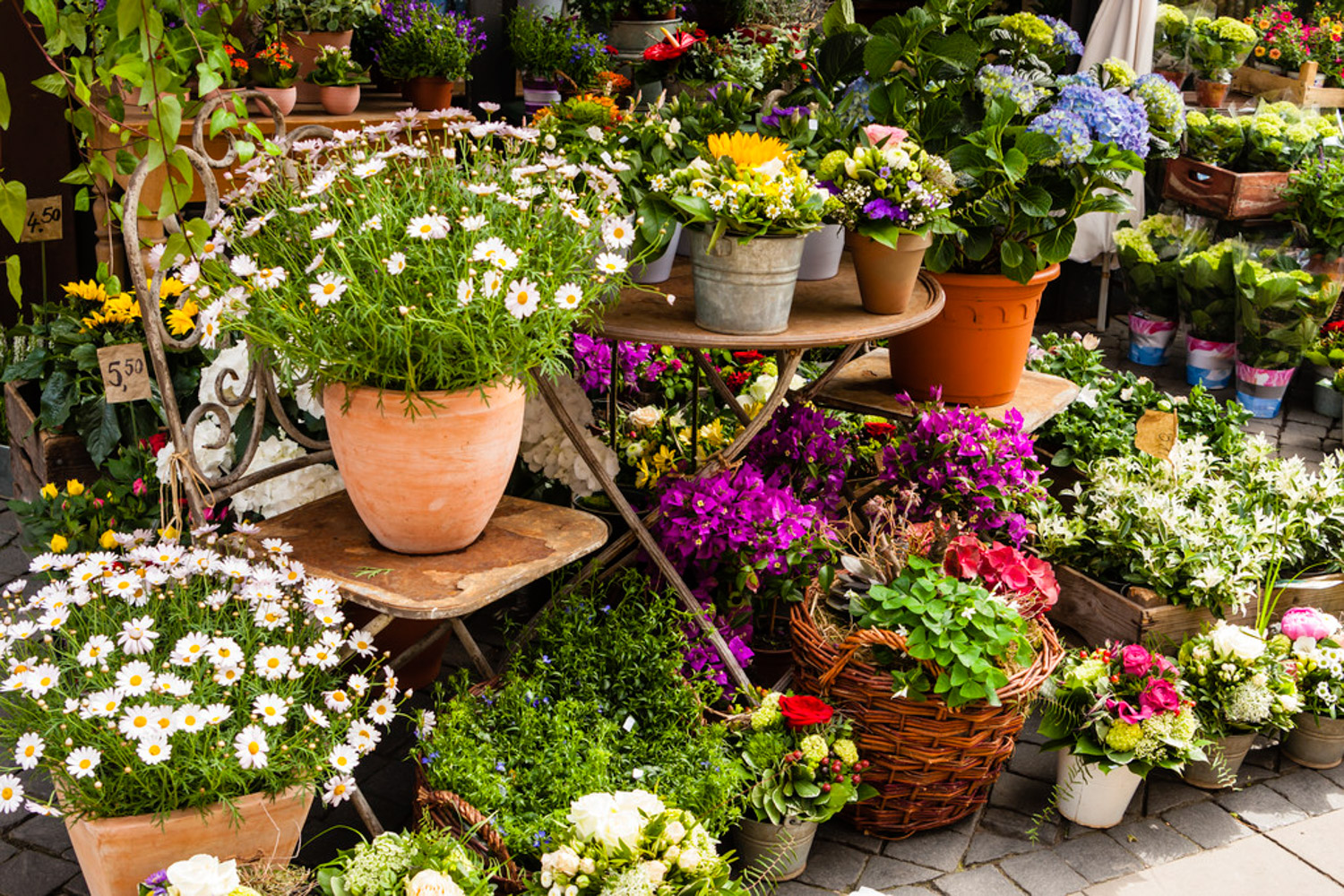
2. Pruning: pruning is indispensable during growth. Some side branches and overgrown branches need to be cut off to ensure normal flowering. At the same time, pruning the trunk can control the height
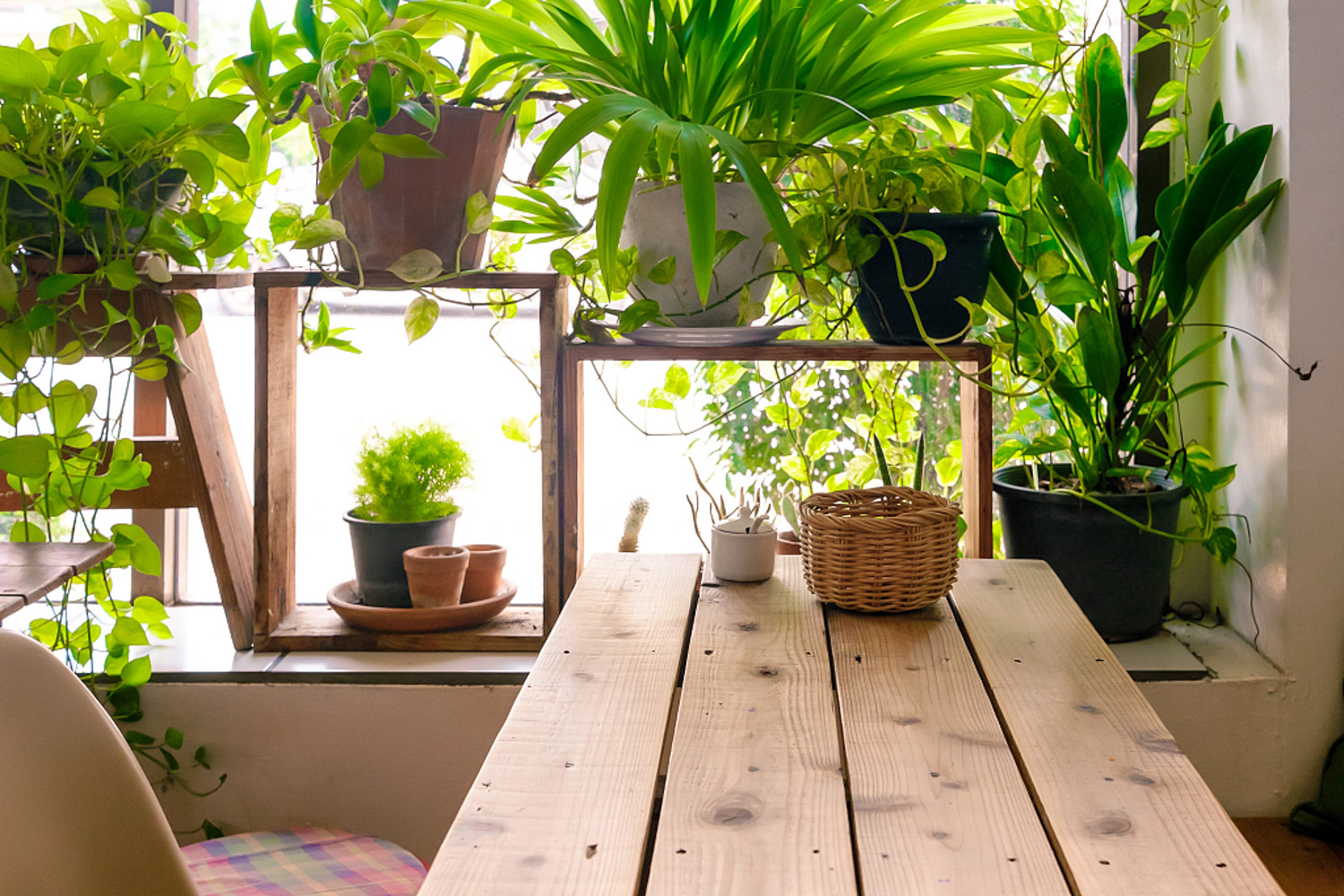
3、 Diagnosis and treatment problems
1. Disease: root rot is the main disease. This disease is mainly caused by high temperature and excessive watering. Some disinfection solution can be sprayed
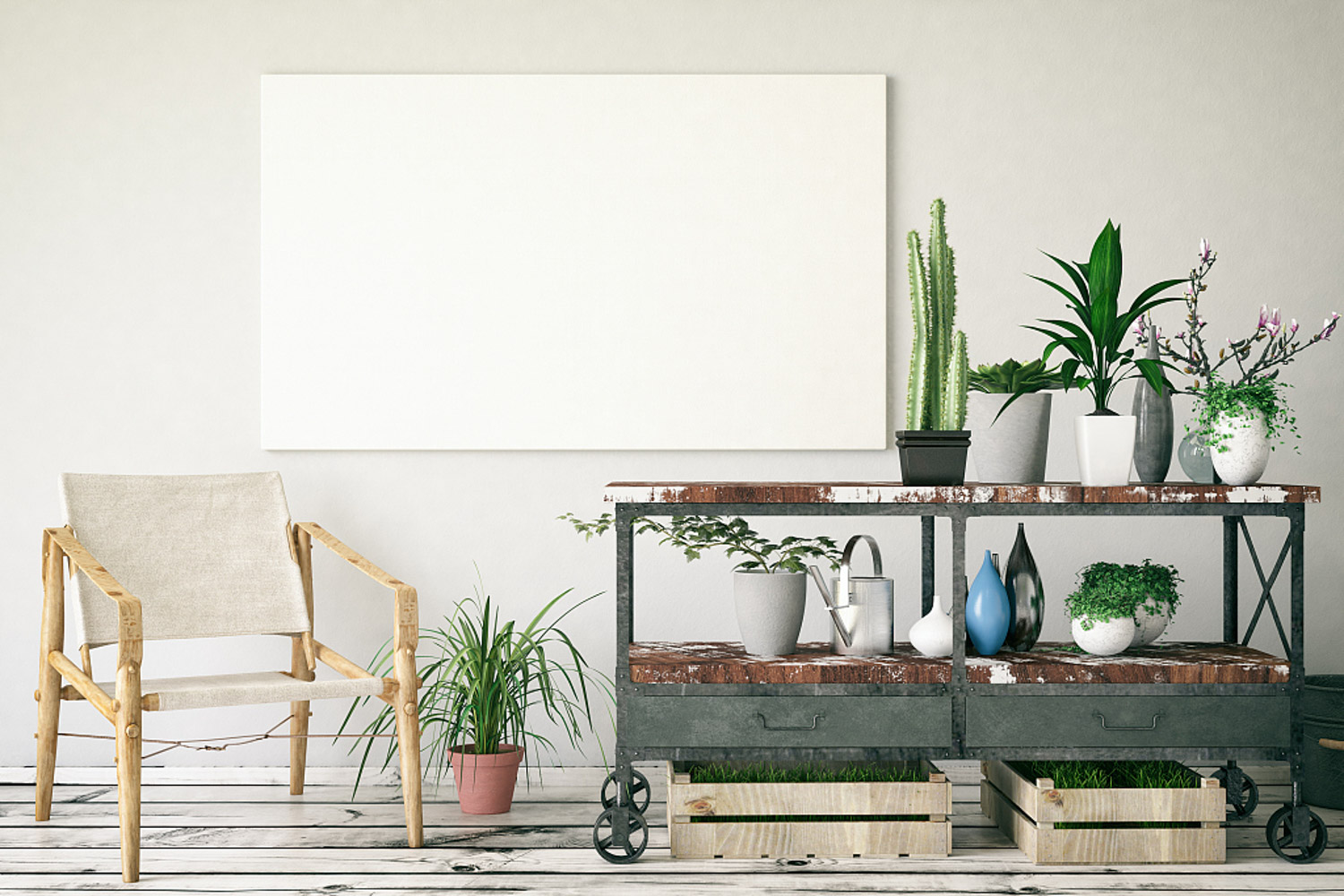
2. Pests: pests rarely occur. As long as the specific breeding methods are mastered, there will be almost no pests
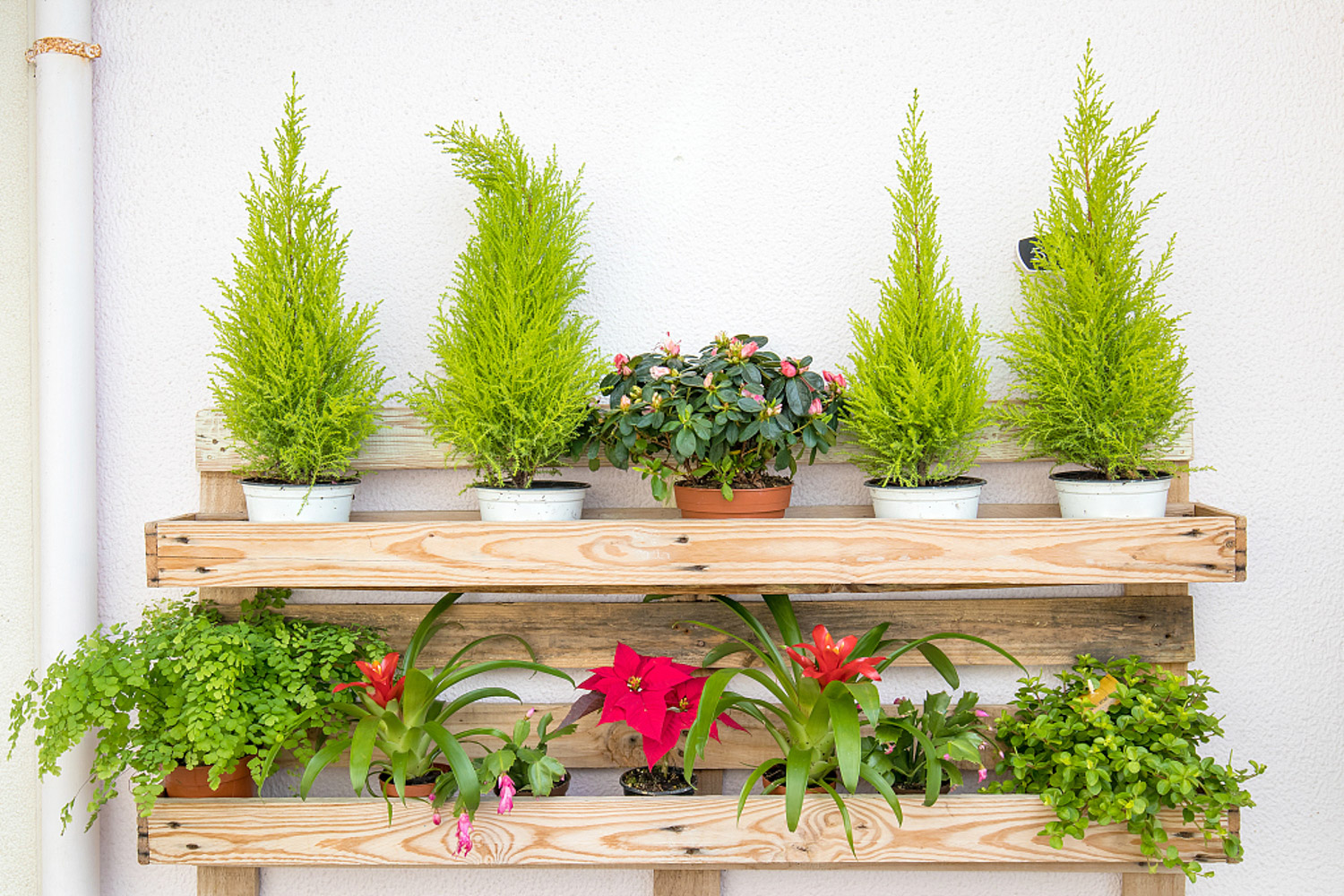
4、 Other issues
1. Toxicity: there is no poison. Now Lavender pinnatifida is planted all over the country, which plays a very high role in beautifying the environment
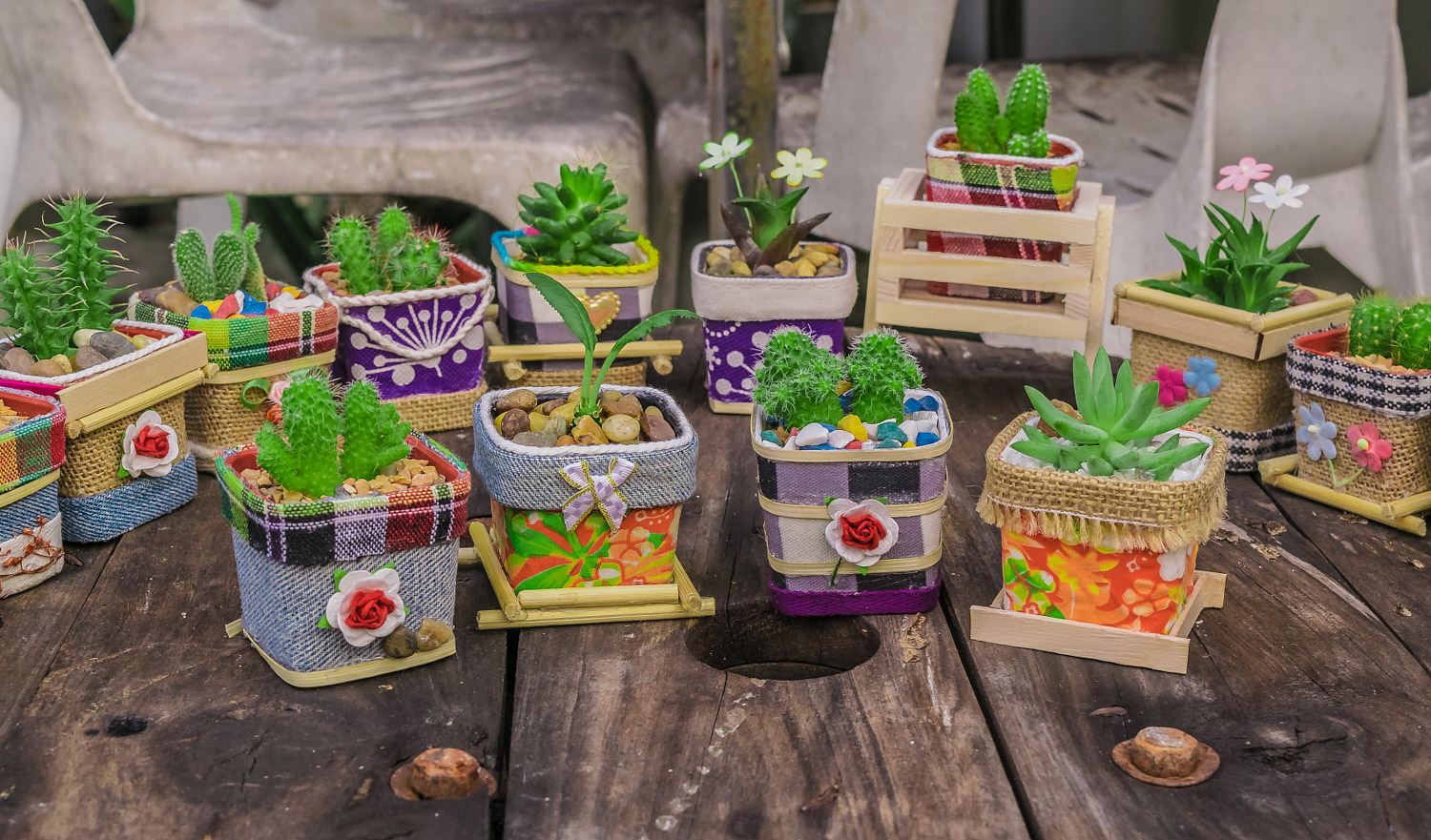
2. Whether it can be raised at home: Yes, but you can open the window and keep ventilation during breeding
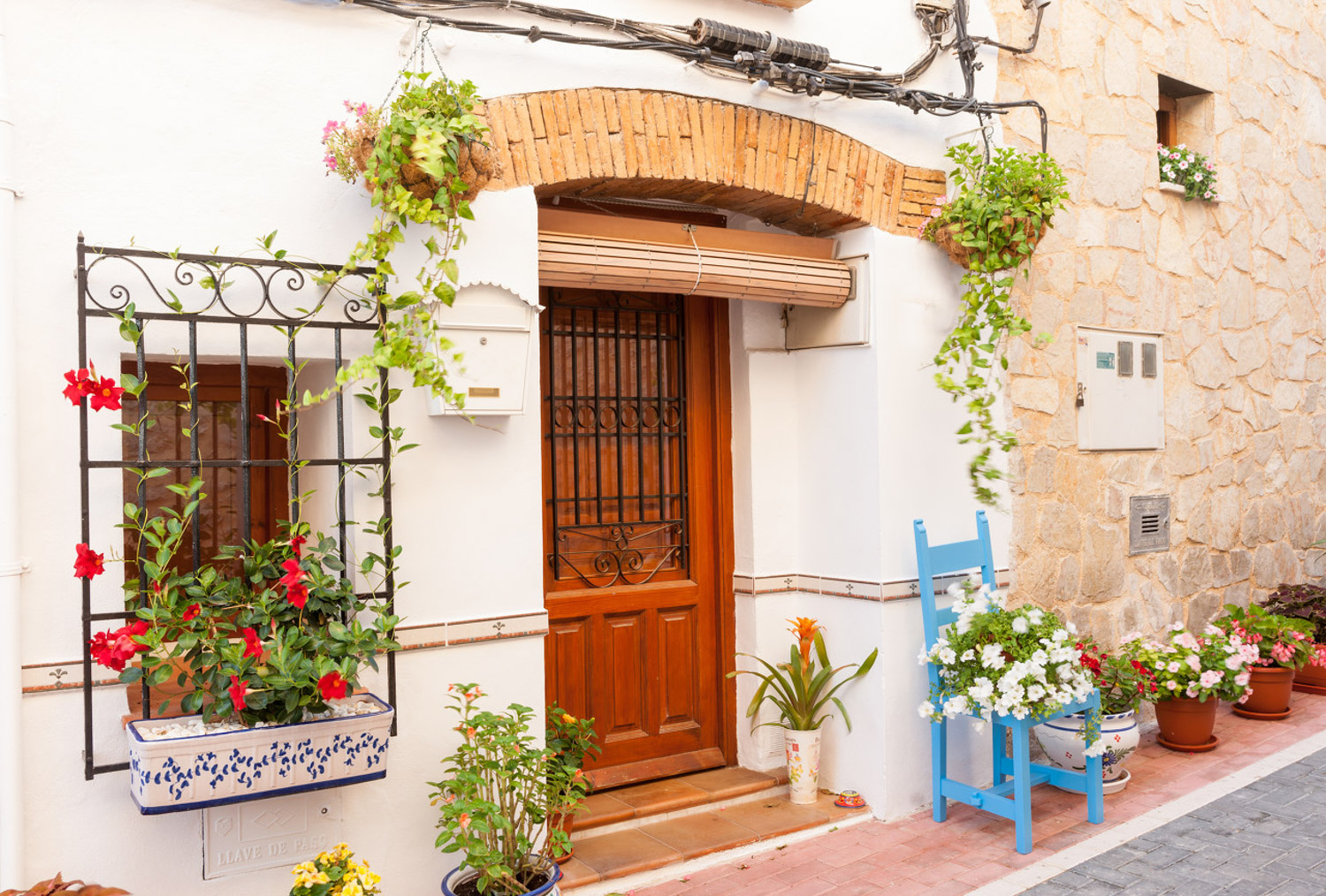

 jackfruit
jackfruit snake plant
snake plant hibiscus
hibiscus hydrangea
hydrangea lavender
lavender Green roses climb al...
Green roses climb al... If you don't pay att...
If you don't pay att... Management of four g...
Management of four g...
